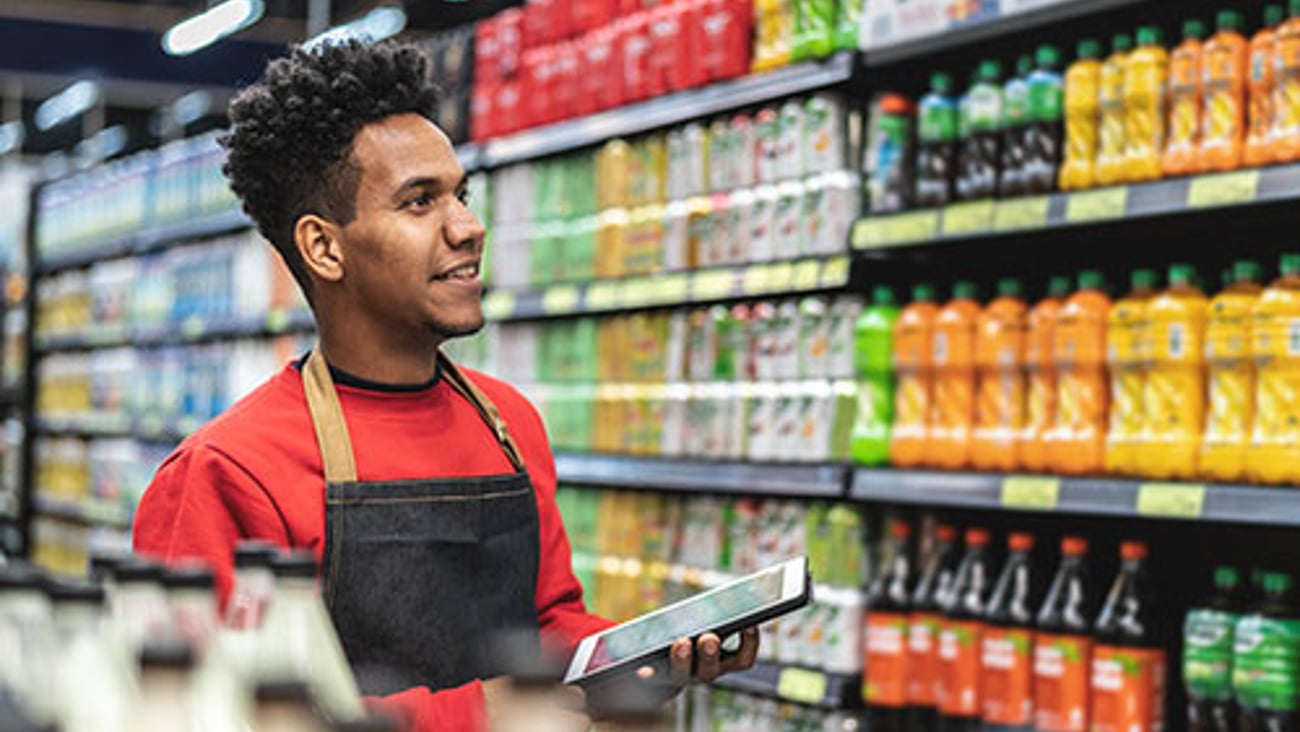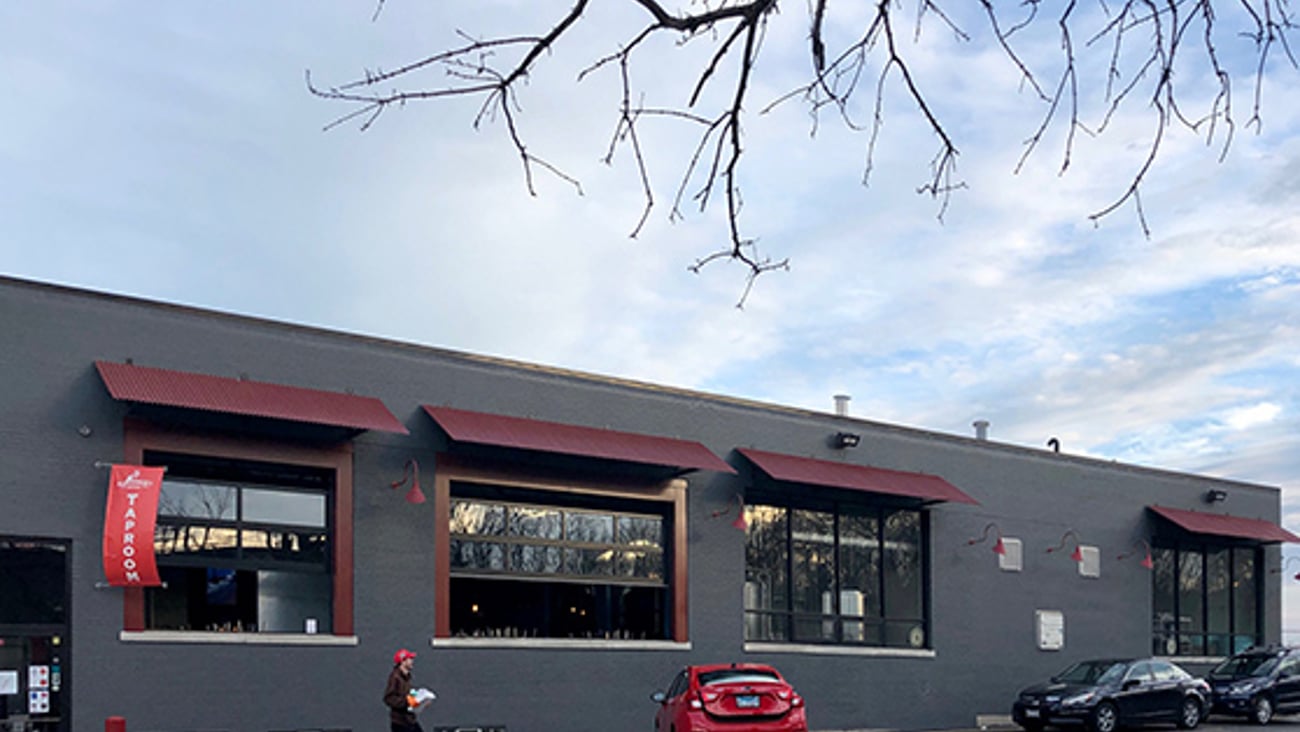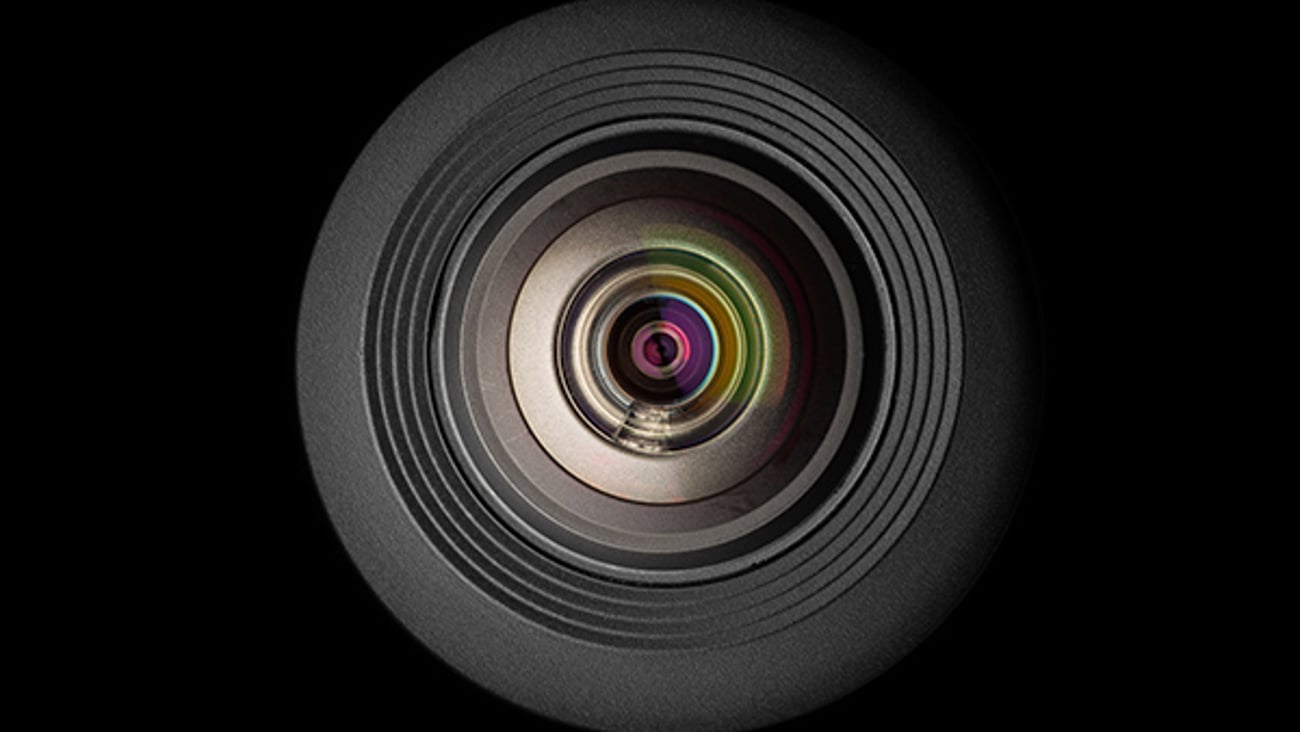In the Aisles: How the coronavirus changed up marketing
Understandably, as the COVID-19 pandemic rolls on, retailers' primary focus has been what’s happening inside the four walls of their stores — enacting social distancing policies, adjusting to supply chain issues and keeping staff safe. And that’s been the focus of any marketing they might’ve been doing, too, although it’s starting to change a bit.
In the early days of the virus, retailers put all of their energy into communicating with shoppers about the steps being taken to remain open, explaining protocols like wearing masks, limiting purchases on items and other measures. This marketing might range from a manager-made sign on the front door to using social media and emails. Many retailers even canceled all promotions to stem store traffic.
To add to that, from the consumers’ perspectives, with a third of households taking a financial hit during the coronavirus from unemployment or a reduction in salary, consumers haven’t been looking for retailers to celebrate their premium, innovative offerings, either. And they certainly aren’t looking for ads like a luxury car with a red bow on top.
So for the bulk of the last two months, retailers have been communicating how they operate and alternative ways to shop (delivery, curbside pickup). And they’ve been thanking associates and staff.
Walmart may have kicked things off when it ran an early TV spot, accompanying the return episode of “Saturday Night Live,” it’s first show with the cast filming from their homes. Walmart ran a moving spot with CEO Doug McMillon giving thanks to the associates and team members on the frontlines of the chain.
Since then other recent examples include regional retailers, including Big Lots’ thank you TV spot, as well as Stop & Shop, which had a TV spot that said thanks but asked consumers to be safe and follow social distancing in stores.
This week, ShopRite launched its Essential Thanks campaign, which had a TV element but took a creative path to focus on a social media effort that got consumers actively engaged. The Wakefern banner had consumers write thank you notes online and, in turn, donated $1 to a local food bank. Consumers could activate the campaign over their social media with the tag #EssentialThanks.
And then there’s been Kroger, who developed an entire kit and educational campaign for other businesses to use to help keep their operations running safely. They call it a blueprint for businesses.
This month, Kroger also kicked off a virtual campaign that promotes its store brands inside activities that consumers can do at home together as a family. It’s called Kroger Social Social and consumers visit a new site to download activity kits with recipes. Each week is a new theme. There’s also a designated social hour on Facebook for consumers to sign up and join a virtual party on the site to share in the fun and connect over the network.
That Kroger is comfortable enough in this environment to promote its Our Brands directly to consumers, using them as a way to help families engage while stuck at home, says so much on how much they trust that brand’s relationship with the consumer.
It’s truly a remarkable thing. Consumers clearly must trust Kroger during this tough time as a retailer, and in turn, the quality and value those store brands give back.
Kroger will be launching weekly kits of activities and recipes highlighting products from its Kroger, Simple Truth and Private Selection brands. And perhaps it will spark more retailers to come up with clever and trusting ways to promote their products at home?
As businesses slowly reopen, perhaps so does marketing, and maybe consumers will see more inspiration and excitement from their retailers and store brands as both businesses and consumers adjust to the new normal.









